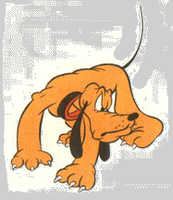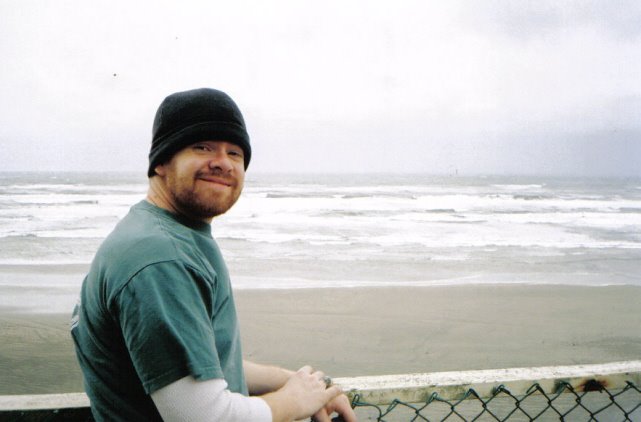Goodbye, Pluto.
 Two days ago, I wrote on the potential increase in the number of recognized planets in our solar system. The votes are in and the resolution is anything but what was expected.
Two days ago, I wrote on the potential increase in the number of recognized planets in our solar system. The votes are in and the resolution is anything but what was expected.Yesterday, the IAU voted and decided on the deifnion of planet versus "dwarf planet" or "small solar system body" (SSSB). The final definition, as passed on 24 August 2006, is as follows:
A "planet" (1) is a celestial body that: (a) is in orbit around the Sun, (b) has sufficient mass for its self-gravity to overcome rigid body forces so that it assumes a hydrostatic equilibrium (nearly round) shape, and (c) has cleared the neighbourhood around its orbit.Footnotes state that:
A "dwarf planet" is a celestial body that: (a) is in orbit around the Sun, (b) has sufficient mass for its self-gravity to overcome rigid body forces so that it assumes a hydrostatic equilibrium (nearly round) shape (2), (c) has not cleared the neighbourhood around its orbit, and (d) is not a satellite.
All other objects (3) orbiting the Sun shall be referred to collectively as "Small Solar System Bodies".
Pluto is a "dwarf planet" by the above definition and is recognized as the prototype of a new category of Trans-Neptunian objects.
The eight planets are: Mercury, Venus, Earth, Mars, Jupiter, Saturn, Uranus, and Neptune.So this means we have no planet named Pluto in our solar system. It is a pariah. Like Chiron, 1 Ceres, and 2003 UB_313, the new definion reclassifies them as "dwarf planets" or "trans-neptunian objects" and such a designation likely assigns them to the lower rankings of interesting research subjects in the cosmos.
An IAU process will be established to assign borderline objects into either dwarf planet and other categories.
These currently include most of the Solar System asteroids, most Trans-Neptunian Objects (TNOs), comets, and other small bodies.
More specifically is this: we have EIGHT PLANETS in the solar system, not NINE, and a bunch of large, potentially interesting, "orbiting bodies of solid mass."
Time to change the anagram, kids!
"Many Very Educated Men Just Screwed Up Nature."







<< Home